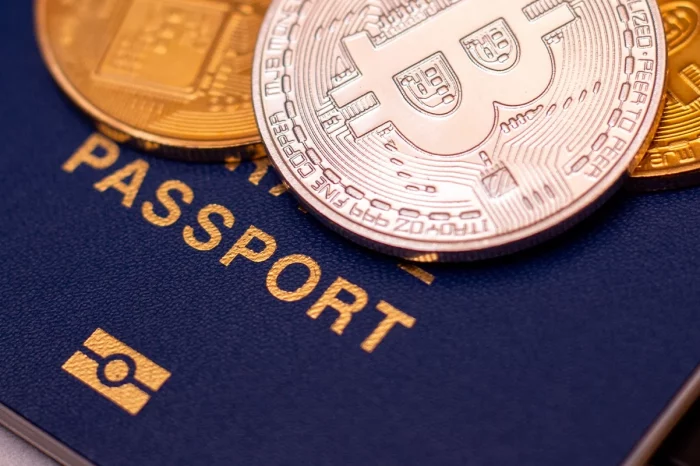The debate about the true meaning of sovereignty and liberty has increased greatly in recent years. The quest for individuality in a world dominated by identification has made headlines, with the growing trend of cryptocurrency taking center stage.
As blockchain technology has evolved, more and more people have jumped on the bandwagon and invested in various types of digital currencies.
While the rising values of major cryptocurrencies such as Bitcoin or Ethereum have undoubtedly played an important role in attracting a large number of investors, it is the potential of cryptocurrency that is its biggest draw.
But there is another factor that makes cryptocurrencies a desirable project: the financial independence they bring. Cryptocurrencies are truly decentralized and give their holders the freedom to move around. However, there is another project that offers similar benefits in terms of physical freedom: Citizenship by Investment.
Those who hold more than one citizenship enjoy greater travel, economic, and political freedoms than holders of single citizenship. This sovereignty leads to an entirely different lifestyle, just as cryptocurrency breaks the shackles of centralized finance. So, it only makes sense that the two ventures go hand in hand, but this is just the beginning.
Where cryptocurrency and citizenship intersect through investment
The intersection of cryptocurrencies and citizenship through investment is clear – freedom. But the real beauty is how the two themes elegantly harmonize and complement each other to achieve even greater potential.
Cryptocurrencies on their own may be restricted by certain regulations. In the United States of America, for example, cryptocurrency investors can have a hard time dealing with their crypto assets. Americans are notoriously barred from certain New Coin Offerings, while the U.S. Internal Revenue Service (IRS) taxes capital gains from cryptocurrency sales of more than $ 10,000.
But that’s just the beginning. Let us say a crypto investor sells a bitcoin worth about $68,000 USD. Of that amount, a whopping USD 58,000 would be subject to capital gains tax.
The Caribbean
However, in the Caribbean, gains from cryptocurrencies are not taxed, mainly because Caribbean governments do not levy capital gains tax.
Citizens are not excluded from coin offerings, and banks in the region are not shy about working with crypto investors.
Major cryptocurrency investors like the famous Roger Ver have taken the plunge and obtained a passport from St. Kitts & Nevis, forgoing their US passports to enjoy life in the Caribbean to the fullest.
Cryptocurrencies give people a measure of financial freedom, but their full potential is only unlocked by acquiring citizenship of a crypto-friendly, low-tax country in the Caribbean.
Crypto & Global Freedom
Combining Citizenship by Investment programs with cryptocurrencies increases the degree of freedom and allows a person to travel around the globe with their wealth.
The combination of second citizenship and cryptocurrency removes all kinds of obstacles and gives much more meaning to the concept of individual sovereignty.


